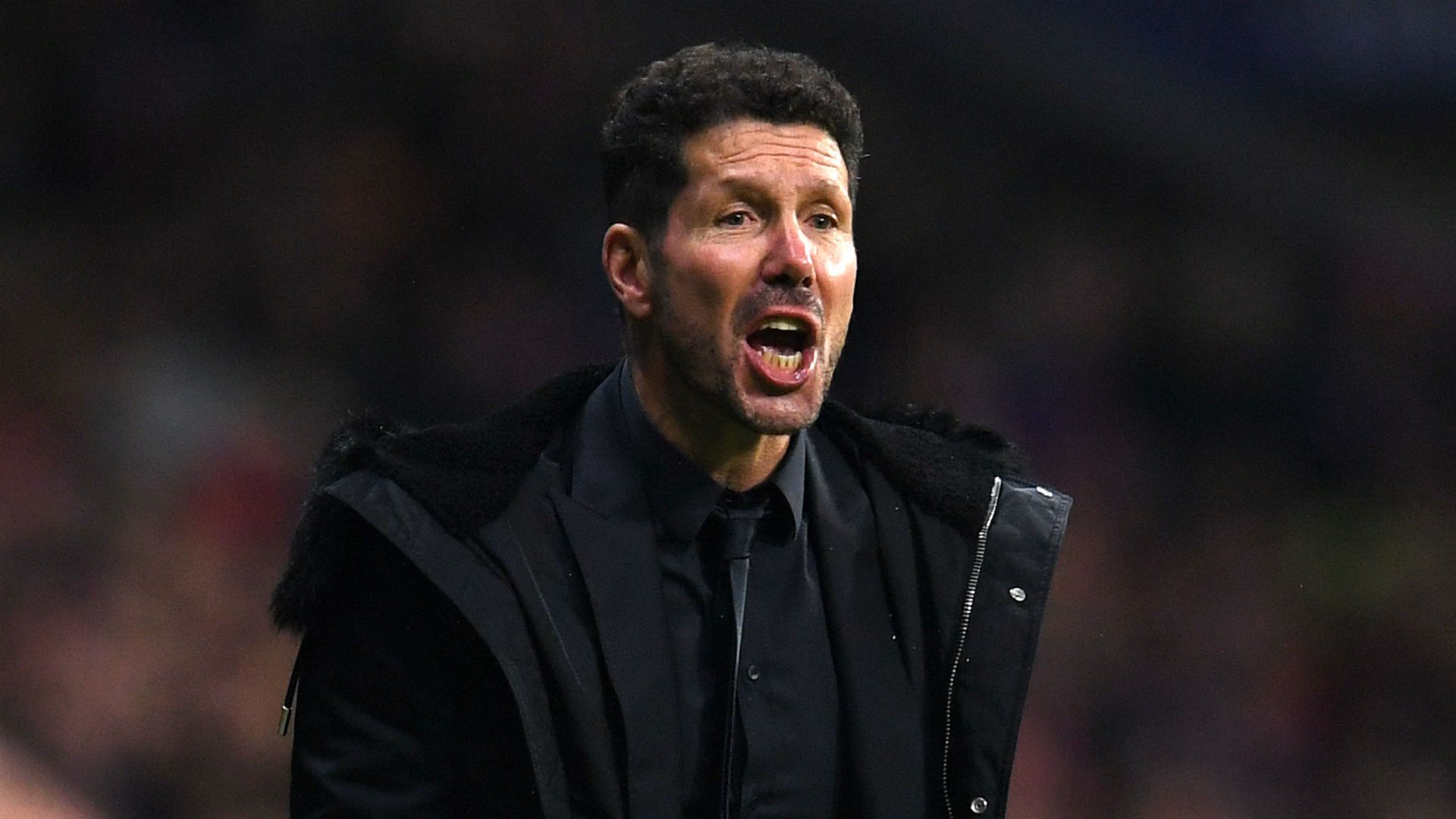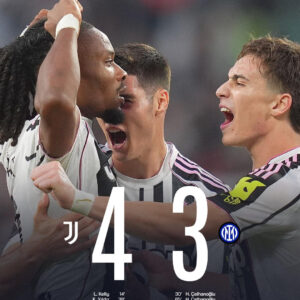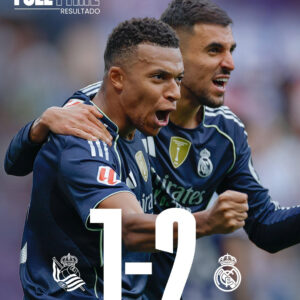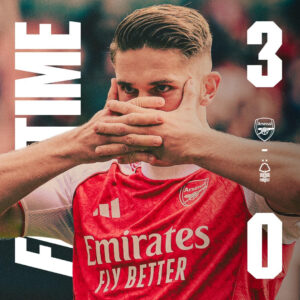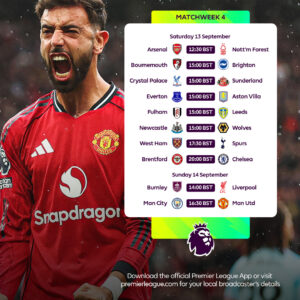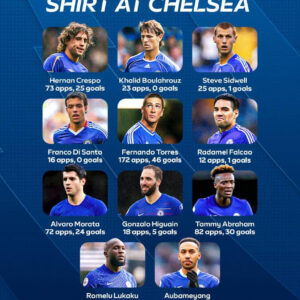Atlético Madrid have begun the 2025-26 LaLiga season without a win in their first three league games. Their opening match was a 2-1 loss to Espanyol, followed by a 1-1 draw at home with Elche. On matchday three, they drew 1-1 away at Alavés after having gone ahead. The Times of India+2beIN SPORTS+2 These results leave them with only two points from three games, placing them in a low, uncomfortable position in the league table very early in the campaign. Reuters
For a team used to challenging for top honours, this is a rare and worrying slump. Under Simeone, Atlético have never before started a season with three winless league matches. The closest comparison under Simeone’s reign was a similarly poor beginning back in 2009-10, but that was under a different coach (Abel Resino), not under Simeone himself. beIN SPORTS
Atlético, under Simeone, have built a tradition of competitiveness. They aren’t strangers to pressure, but these early setbacks challenge that identity. With around €200 million spent in the summer transfer window on signings – including names like Alex Baena, Thiago Almada, David Hancko, and Johnny Cardoso – expectations were that the squad would come in with more cohesion and ability to secure early momentum. Reuters
Some of the new signings haven’t had the chance to make an impact because of injuries. Thiago Almada, for example, has suffered a soleus (calf area) injury during international duty and is expected to be out for about three weeks, ruling him out of crucial upcoming fixtures. Diario AS+2Reuters+2 Alex Baena is also among the injured, limiting Simeone’s ability to rotate or adjust tactics early. Reuters
Atlético have shown in their first few matches that they are capable of scoring or at least taking early leads (e.g., versus Alavés). However, they have also surrendered leads and allowed games to slip away. That suggests not just problems in finishing or attacking transitions, but in defensive concentration and game management. The Times of India
Being winless from the first three matches adds pressure early. For a coach like Simeone, whose philosophy often depends on mental strength, discipline, and high defensive organisation, bad results can erode confidence quickly—both from players and fans. The early season is always about establishing rhythm; failing to do so can create an uphill battle in the weeks and months ahead.
Diego Simeone has responded with what is perhaps his trademark mix of realism and calm. He has acknowledged the fans’ frustration, admitted that the team has had matches where they “deserved more” than the result showed, and called for patience as the new signings adapt and injuries are resolved. Hespress+1
He has also emphasized that despite the shaky start, the work being done in training and the squad’s potential remain solid. There’s confidence (or hope) that once key players return, cohesion improves, and defensive lapses are smoothed out, Atlético will begin to convert draws into wins. beIN SPORTS+1
Risks and What Could Happen Next
Loss of momentum: Early points in LaLiga are important. If Atlético fall too far behind the front-runners, it becomes much harder to catch up, especially if rivals are also in good form.
Fan unrest: Sustained poor results always heighten scrutiny. In a club with high expectations, patience can run out fast. Fans might demand changes, whether in tactics, personnel, or even more drastic coaching moves.
Trophy drought concerns: Atlético haven’t won a LaLiga title since 2020-21, and in recent seasons they have struggled in the Champions League and Copa del Rey. Another season without silverware might really test the patience of the board and supporters. SuperSport+1
Confidence & player morale: If players feel that mistakes aren’t being corrected, especially defensive ones, or that leads are being thrown away too often, their confidence will suffer. That can lead to even worse performances, creating a negative feedback loop.
What Needs to Improve / Possible Solutions
To pull themselves out of this early rut, Atlético and Simeone likely need to focus on several areas:
Squad fitness & availability: Getting injured players back as soon as possible, especially those in critical areas. Almada and Baena are key pieces of the summer recruitment; they must contribute, and their absence is felt.
Defensive stability: Fixing late-game concentration, set-piece defending, and reducing individual errors. Atlético traditionally succeed through strong defensive organisation; if leaks appear, their margin for error is small.
Effective utilization of new players: Integrating summer signings quickly so that the team doesn’t feel like a patchwork. Building chemistry will be important, especially with fresh faces in midfield, attack, or defence.
Mental toughness & game management: Simeone is known for instilling resilience. But in games where Atlético start well, they must also learn to close out matches. Facing pressure from rivals and from setbacks (letting in equalizers, etc.), they need composure.
Tactical flexibility: Sometimes Simeone’s rigid style works; at other times, adjustments (formation, substitutions, in-game changes) might be necessary to respond to different opponents. Given early matches have shown trouble finishing leads, more attacking urgency or different tactical tweaks might help.
While the start to the 2025-26 season has been disappointing for Atlético Madrid and their head coach, the situation is not yet critical—especially given how early in the season it is. Three games are a small sample size. However, Atlético cannot afford to make this a habit.
Simeone is entering a part of his tenure where expectations remain sky high. The club has invested, fans expect competition, and rivals will not rest. If Atlético manage to pull off positive results in the upcoming fixtures—especially against strong opponents—it could reset confidence and momentum. But further slips could increase pressure significantly, possibly affecting long-term morale and position in LaLiga.
Diego Simeone’s Atlético Madrid find themselves in a rare early mid-season-like test: a winless run from the start, injuries to key players, and growing pressure from results that haven’t matched expectations. How the team responds over the next few matches could define whether this is a mere early bump or the start of a more problematic trend.


